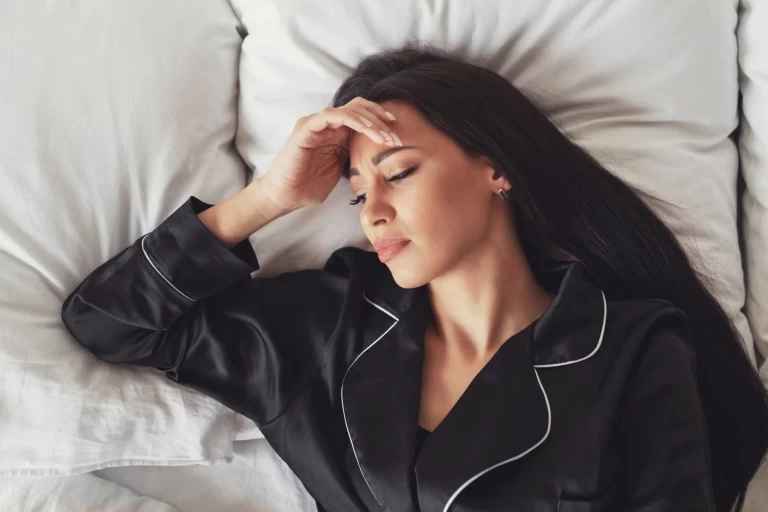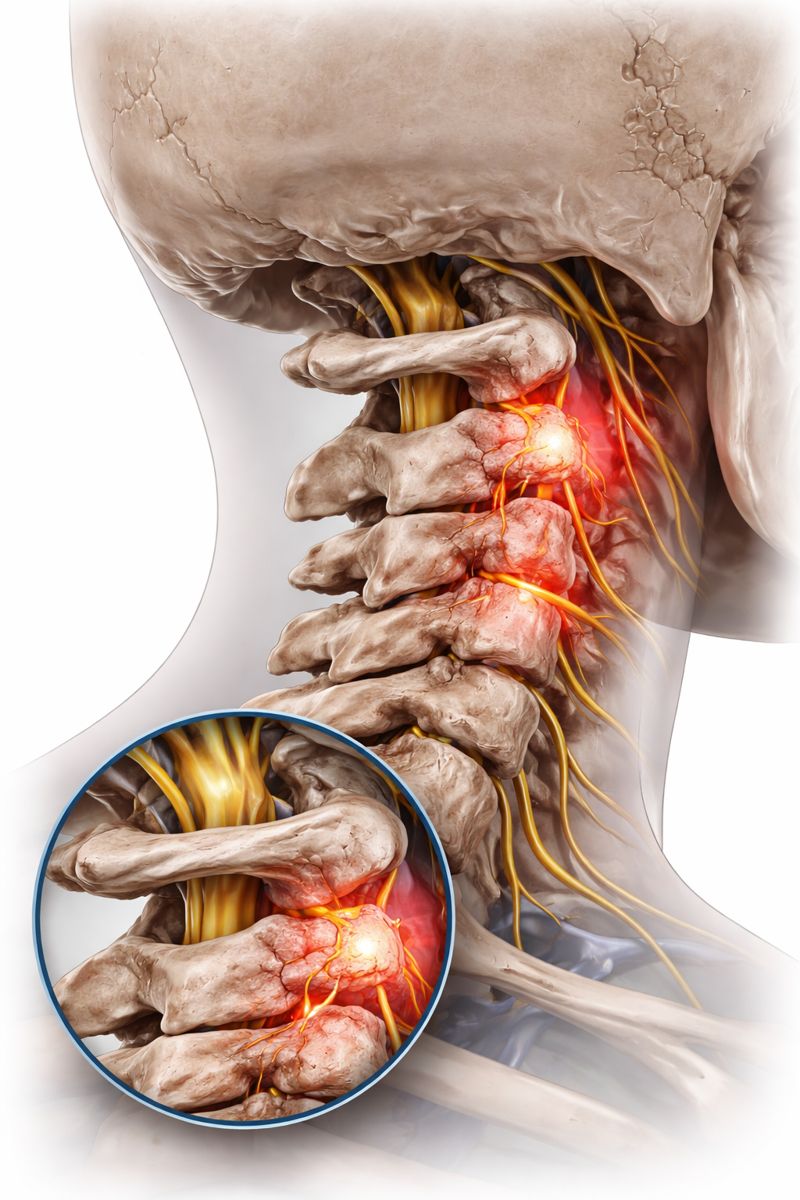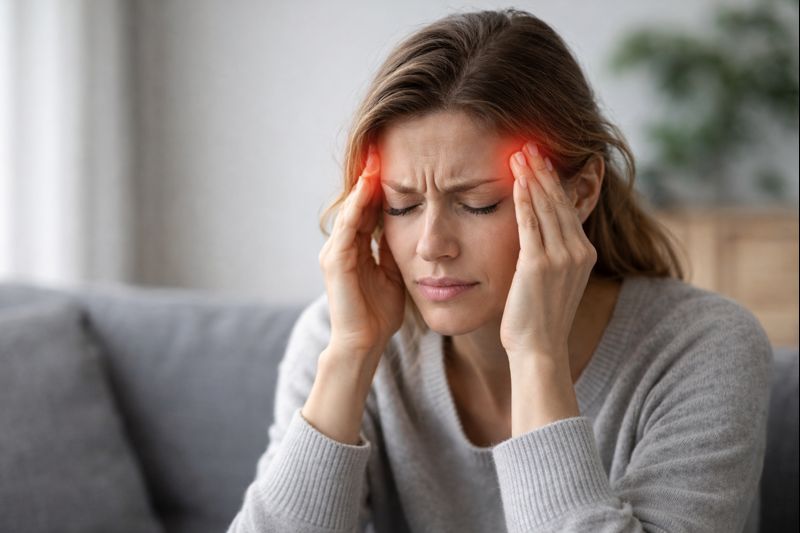
Daylight Saving Time (DST) is still observed in many countries and it signals the start of spring where we “spring forward” by setting our clocks forward by one hour. (Note: It’s Daylight Saving Time, not Daylight Savings Time. Just to be accurate)
This ultimately gives us more time in the sun, but hurts us by robbing us of an hour of sleep. This loss of sleep can be very difficult on our minds and bodies. So here, I’m going to show what happens as well as what we can do about it.
The Effects of Losing Sleep
Change in Mood
We become sensitive and moody and much more reactive to everything around us when we lose sleep. That’s why people are more angry and irritable during Daylight Saving Time.
Increased Car Accidents
Studies show that driving drowsy hinders driving skills almost as much as intoxication (read: drunk). The Monday after Daylight Saving Time begins, car accidents increase 6 percent resulting in more than 300 extra deaths.
Decreased Productivity
Losing sleep affects memory and concentration. Studies show an increase in “cyberloafing,” right after Daylight Saving Time begins. Cyberloafing is when people simply wasted time online. This affects students and working people.
Workplace Injuries
Since losing sleep affects memory and concentration, there are far more workplace injuries during this time as well. Not only are the injuries more common, but they tend to be much more severe.
Heart Trouble
Some studies showed a correlation between cardiovascular health and the beginning of Daylight Saving Time. Strokes and short-term heart attacks increased during the 2 days following the time change. Now, this is correlation and not causation, but proper sleep is crucial to good overall health.
“So what can I do?”
So in order to avoid these problems, here’s what you can do to make sure you’re prepared and get a good night’s rest, even with the jump forward.
Change your sleep schedule early!
Begin adjusting your sleep schedule in advance. This should start about 1 week before the time change. Plan your bedtime about 15-20 minutes earlier each night. Also, start waking up 15-20 minutes earlier than usual. By the time the “spring forward” happens, you’ll be waking up an hour earlier.
Avoid caffeine later in the day!
You’ll want to avoid caffeine and other stimulants which can keep you awake. So that means no coffee, no tea, no soda at least 4 hours before going to bed.
Avoid Alcohol!
Alcohol can help you fall asleep, but it will stop you from having good quality REM sleep. Skip the nightcap.
Try not to take naps!
Taking naps can also affect your sleep cycle. This is not the time to be messing around with that. Get uninterrupted sleep at night, if possible.
Get some natural light!
Sunlight helps stimulate a particular part of the brain called the suprachiasmatic nucleus of the hypothalamus. Basically, it helps regulate your sleep. Get some sun early and not later to get better sleep.
Turn OFF the tech!
There are studies about blue light from screens affecting sleep, but it really is about being exposed to artificial light. To help adjust your sleep schedule (and for good sleep overall) make sure to turn off your phone, tablet, and TV at least an hour before your scheduled bedtime.
So there you go. My tips on how to manage Daylight Saving Time. If you have any other tips, feel free to leave a comment and let me know what works for you!




Leave a comment